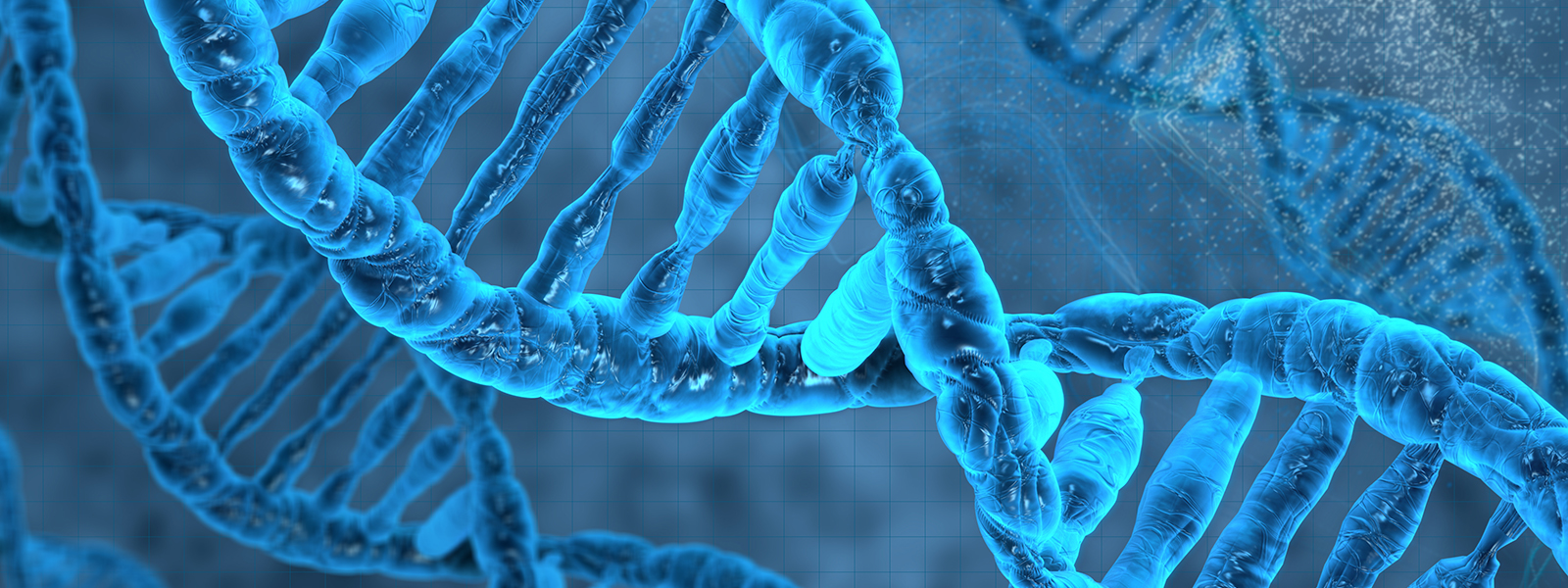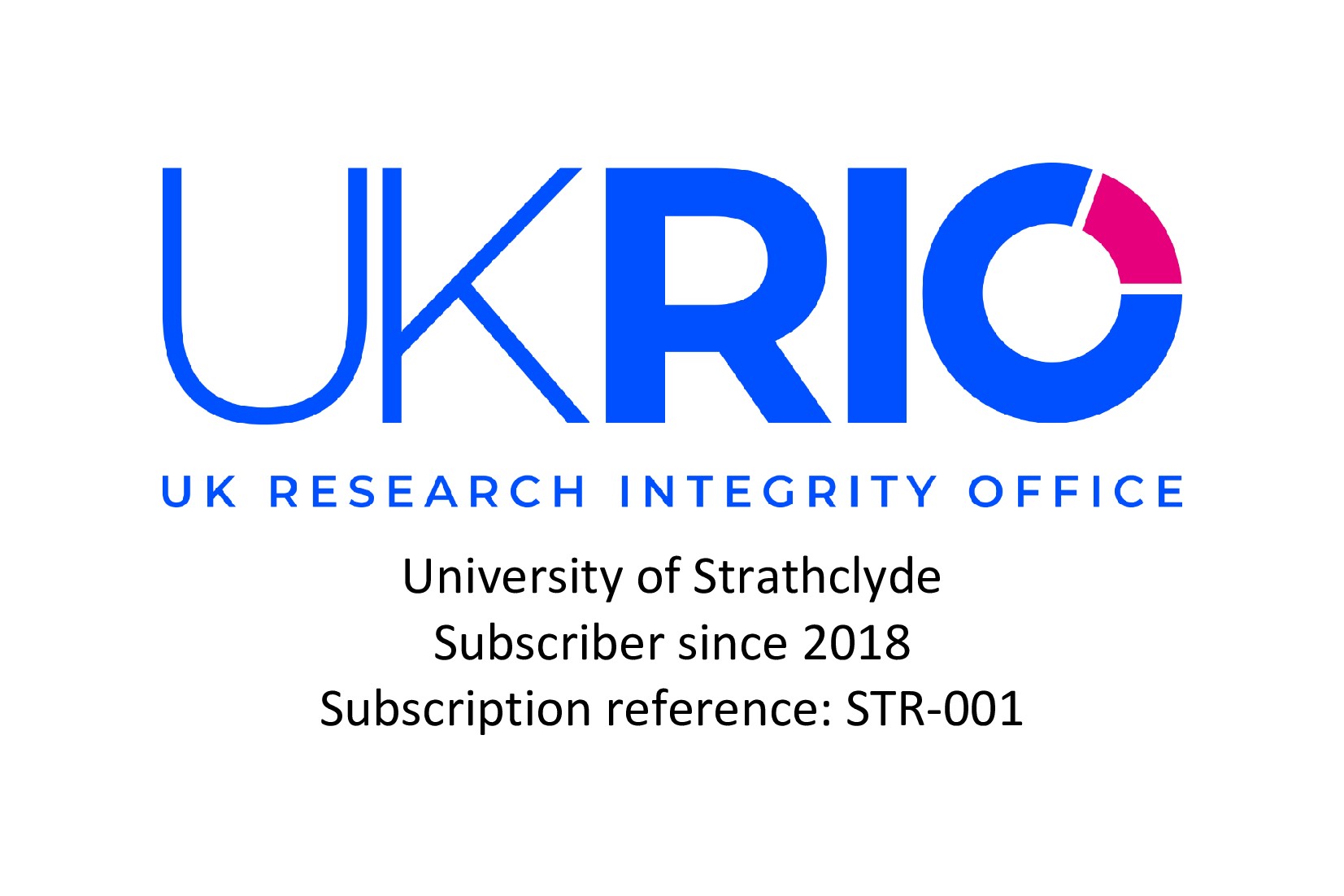Research using non-human genetic resources (defined as “any material of plant, animal, microbial or other origin containing functional unit of heredity”) or associated traditional knowledge is subject to the UK Access and Benefit Sharing Regulations. This legislation relates to the Nagoya Protocol of the Convention on Biological Diversity which provides a framework to ensure the fair and equitable sharing of benefits arising out of the utilisation of genetic resources.
What is the Nagoya Protocol?
The Nagoya Protocol is an international agreement aimed at protecting a country’s right to the genetic resources that exist within their country, such as animals, plants and organisms, as well as the traditional knowledge associated with them.
The Nagoya Protocol applies to any company, organisation or individual conducting research and development on genetic resources and/or associated traditional knowledge where the resources and/or knowledge:
- was accessed on or after 12 October 2015
- was accessed from a country that is party to the Nagoya Protocol and has access and benefit sharing legislation
- is not already governed by a specialised international instrument (such as the PIP Frameworkor the ITPGRFA)
How do I comply with the regulations?
To comply with the regulations, the University is required to seek, keep and transfer all relevant documentation to prove that projects are either a) conducted in compliance with UK ABS compliance measures (as required by Article 4(3) of the UK ABS Regulation), or b) out of scope.
Anyone involved in research which does or may utilise non-human genetic resources or associated traditional knowledge should:
- Familiarise themselves with the UK Department for Environment, Food and Rural Affairs (Defra) Guidance on the UK Access and Benefit Sharing Regulations (2022) and seek advice from RKES if required. Queries can be directed to research-integrity@strath.ac.uk in the first instance.
- Conduct due diligence prior to project commencement and the acquisition of any genetic resources (whether from the UK or overseas) to determine if a project is in scope of the UK ABS Regulations. This can be done using the Office for Product Safety & Standards (OPSS) Self-Assessment Tool which can be downloaded from the UK Government ABS Guidance webpage. This includes a link to the ABS Clearing House which can be used to identify if a country is party to the Nagoya Protocol.
- Retain all relevant documentation (including that which proves that a project is out of scope) and submit a copy to RKES via email to research-integrity@strath.ac.uk. Relevant documentation is likely to include completed due diligence forms and evidence of the intended use and source of genetic resources (e.g. project proposals, agreements and reports; correspondence with suppliers or research partners, purchase orders and delivery notes).
- If the research involves genetic modification, submit a risk assessment and the relevant due diligence paperwork to the Genetic Modification Safety Committee (GMSC) in accordance with the University Occupational Health and Safety Standard on Genetic Modification.
Other pieces of legislation governing the use of non-human genetic resources, such as the Genetically Modified Organisms (Contained Use) Regulations 2014, should be consulted and followed if applicable.

